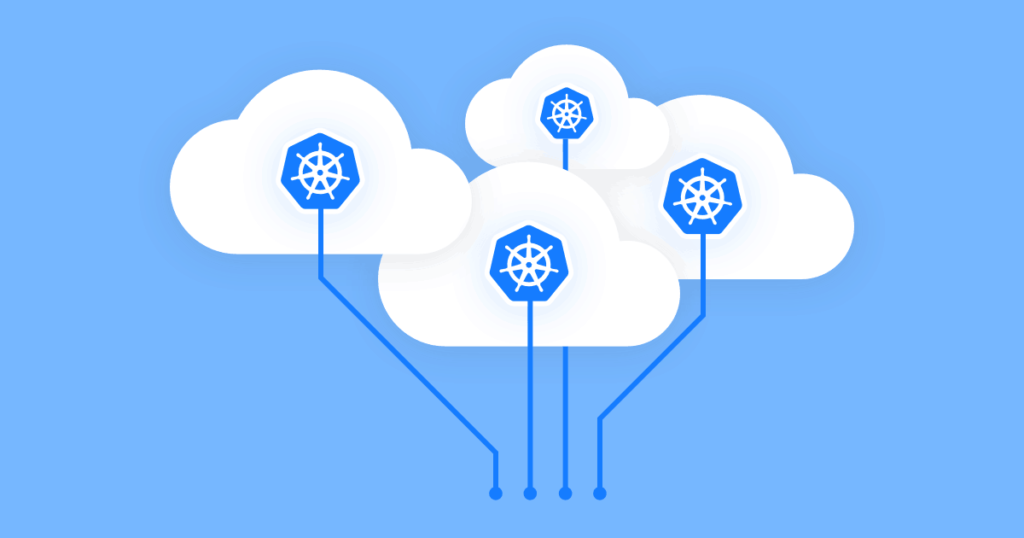Kubernetes: an orchestration framework, Kubernetes eases the burden of configuring, deploying, managing, and monitoring even the largest-scale containerized applications.
What is a Kubernetes Operator? An operator is a way of building an application and driving an application on top of Kubernetes, behind Kubernetes APIs. The idea is that when you have an application, like a database like Postgres or Cassandra…any complex application needs a lot of domain-specific knowledge.
when it comes to really fully automating an application, and by fully automating, I mean handling updates from one version to another without waking people up, handling failure recovery if it’s needed, scaling the application up and down depending on some scenarios – all of that should be handled automatically, Humans should not be involved in this kind of operation because it kind of breaks the promise that containers gave us. Containers’ promise was ‘Hey, you package it once, it runs everywhere.
A Kubernetes Operator is an abstraction for deploying non-trivial applications on Kubernetes. It wraps the logic for deploying and operating an application using Kubernetes constructs. As an example, the etcd operator provides an etcd cluster as a first-class object. Gone are the days of deploying an etcd cluster using a complicated collection of stateful sets, crds, services, and init containers to manage bootstrapping and lifecycle management, et cetera.

Why are Kubernetes Operators so important?
1. Operators extend Kubernetes functionality
This is really the table-stakes significance of Operators: They extend the power of Kubernetes, especially to stateful apps, in a far more manageable and accessible fashion than before. As the coreOS announcement introducing the original etcd Operator and Prometheus Operator said, “stateless is easy, stateful is hard.” Operators bring the balance back toward easy for a wider range of applications.
Kubernetes Operators allow developers to easily extend Kubernetes functionality for specific software [and] use cases.
2. Operators systematize human knowledge as code
Kubernetes enables the automation of the infrastructure (and corresponding operational burden of managing that infrastructure) necessary for running containerized applications – a must when running these apps at scale in production environments.
Essentially, automation in an IT context means translating human knowledge and effort – often painful effort – into software.
Kubernetes Operators take all of that knowledge about an application’s lifecycle that a DevOps team practices manually, and systematize it
3. Operators do this in a scalable, repeatable, standardized fashion
Data that is written to a database needs to exist well after a pod is terminated. Additionally, in a database like PostgreSQL that supports multi-version concurrency control, there are a variety of snapshots of the data that are available to a user based upon the current state of the data, Operations such as creating backups or standbys of the data require a little bit of extra knowledge of how the system works, and this is where an Operator can help.
Operators can simplify how you run Kubernetes applications, removing the complexity of managing the nuts and bolts of Kubernetes, and allowing you to do so in a repeatable manner, They’re like templates that can be reused and adapted to automate application management, with no need to reinvent the wheel every time.
4. Operators ultimately improve resiliency while reducing the burden on IT teams
Operators are simplifying the process highly complex distributed database management by defining the installation, scale, updates, and management lifecycle of a stateful clustered application. Without Operators, many applications need intervention to deploy, scale, reconfigure, upgrade, or recover from faults. If your app – or apps that you depend on, such as your database management system – [requires] DevOps engineers hovering over a keyboard in these critical moments, hoping they get the steps correctly, you’re almost certain to have greater downtime and more stress in your team.
5. Operators prove particularly useful in multi-cloud and hybrid cloud environments
Operators allow developers to create some immensely powerful tools that can be used on any infrastructure where Kubernetes is installed. As opposed to using one-off installations on a specific application, an Operator can be used to provision multiple applications in a consistent manner while adhering to best practices for that particular installation. Creating a new application can be as easy as using kubectl to create an instance of the custom resource definition defined by the Operator
